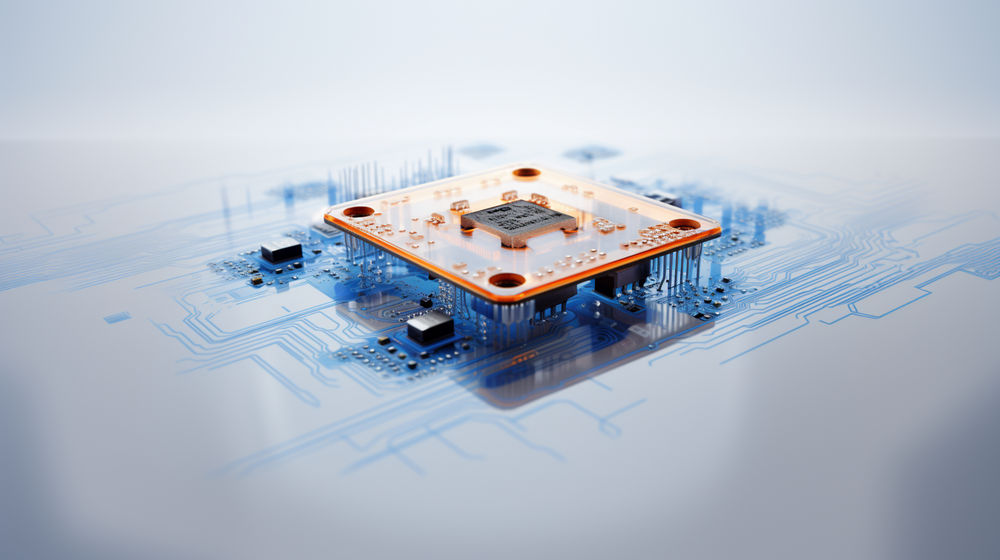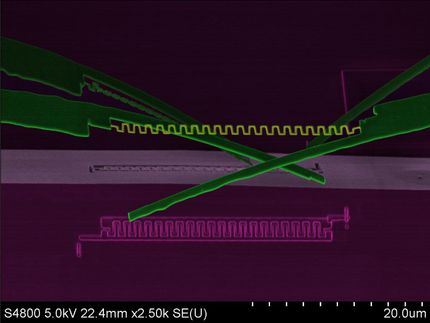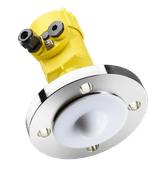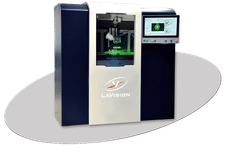New freeform standards to support scanning coordinate measurement machines
Advertisement
The National Physical Laboratory, the UK's National Measurement Institute, has developed a new range of three dimensional standards for verifying freeform coordinate measurement machines (CMMs). The standard allows the verification of portable and fixed non-contact coordinate measuring systems such as those employing laser scanning and fringe projection technologies, as well as those employing tactile sensors. It also helps evaluate the surface measurement capabilities of new scanning measurement technologies.
Items that are freeform are unconventional in shape or design, especially in being asymmetrical and irregular, but with a flowing outline. Freeform manufacturing projects include the development of more efficient engines for aeroplanes, drag reduction for cars, longer lasting prosthetics and reverse engineering of archaeological finds to learn about their provenance.
Traditionally such forms have proved difficult to measure practically with optical systems of the type used on production lines or away from the factory. It is often difficult to provide measurement traceability for mass produced freeform shapes, limiting innovations in freeform manufacturing. With the right measurement facilities, freeform brings many advances to the manufacturing sector.
NPL FreeForm dimensional standards ensure measurement traceability within freeform manufacturing industries. The standards are complex reference artifacts which provide traceability routes for a range of diverse measuring techniques.
Each NPL FreeForm standard bears several geometrical forms that are blended to form a single surface that tests various aspects of a scanning instrument's performance. Ceramic tooling balls or hemispheres on each corner of the standards aid registration. The precise nature of the surface employed by the standard allows traceability to be transferred to the freeform measurement technology. It is also possible to incorporate designed deformation to the surface, typically 100 µm in size.
The Freeform development project was funded by the National Measurement Office. NPL worked with industry on a number of freeform measurement projects to identify the relevant measurement requirements. These highlighted many errors in existing optical scanning measurement systems, which the final artefact was designed to overcome.
Other news from the department science
These products might interest you
Most read news
More news from our other portals
See the theme worlds for related content
Topic world Sensor technology
Sensor technology has revolutionized the chemical industry by providing accurate, timely and reliable data across a wide range of processes. From monitoring critical parameters in production lines to early detection of potential malfunctions or hazards, sensors are the silent sentinels that ensure quality, efficiency and safety.

Topic world Sensor technology
Sensor technology has revolutionized the chemical industry by providing accurate, timely and reliable data across a wide range of processes. From monitoring critical parameters in production lines to early detection of potential malfunctions or hazards, sensors are the silent sentinels that ensure quality, efficiency and safety.




























































